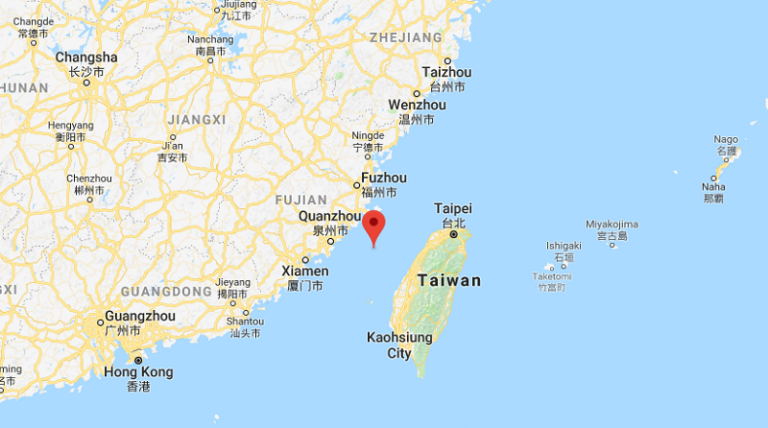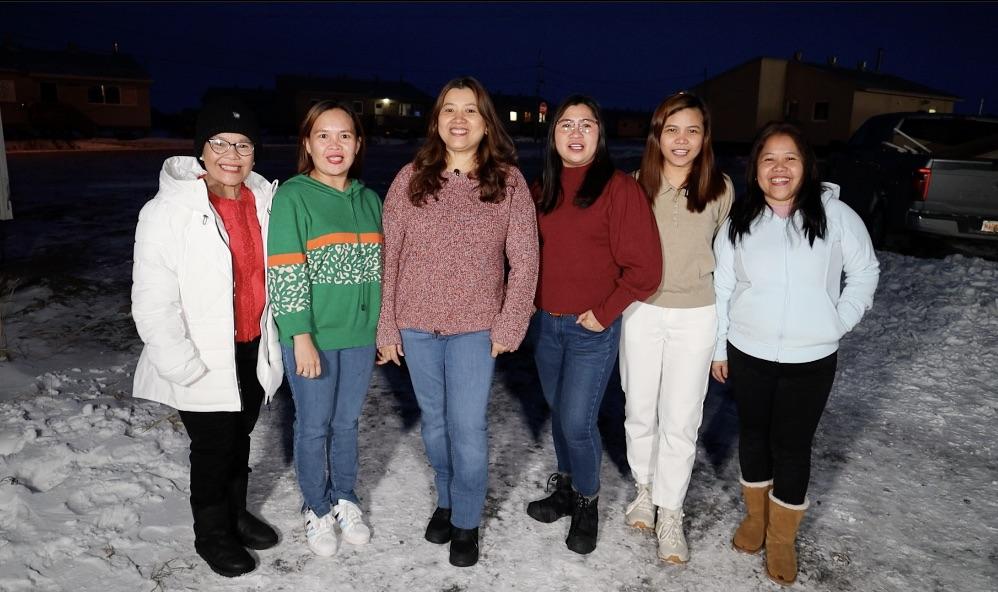Introduction to Life in Alaska
In the icy, remote corners of Alaska, nearly 300 Filipino teachers are shaping young minds, braving challenges far from home. About half of them work in areas so isolated that life there is almost unimaginable for many back in the Philippines. One such village is Stebbins, a small community located 993 miles from Alaska’s capital, Juneau. It takes four to five flights from the Philippines to reach this distant place.
In Stebbins, 18 Filipino teachers bring education to a village of just over 600 residents, primarily Native Americans of Yup’ik Eskimo descent. The village lacks malls, restaurants, and bars, and the locals rely on fishing, gardening, and hunting for both work and recreation. Celebrating Christmas and New Year isn’t a tradition for everyone here, but Filipino teachers make their own magic to feel closer to home.
Making Holidays Special in a Faraway Land
Ethel Sheila Arao, a teacher from Cagayan de Oro, has been working at Tukurngailnguq School in Stebbins for two years. For her and her fellow teachers, technology is a lifeline, helping them stay connected to their families back in the Philippines.
Since traveling home is both expensive and time-consuming, many teachers choose to celebrate the holidays in the village. They gather for grand feasts filled with Filipino dishes, karaoke sessions, and video calls to loved ones. However, creating these moments of joy isn’t easy. Basic ingredients for traditional dishes are costly and hard to come by—a single onion costs $7, and preparing half a kilo of adobo can total $230. Most supplies, except seafood, are shipped from Anchorage, requiring multiple flights to reach the village.
To ensure they have everything they need, the teachers order their ingredients weeks in advance. Despite these challenges, they make the most of their celebrations, even if their feast includes only simple dishes like Spam, fried chicken, or adobo. When they’re lucky, they might have lumpia, Filipino spaghetti, or biko.
Challenges in Teller Village
171 miles away from Stebbins lies Teller, another remote village near the Bering Strait, home to just 229 people. Here, 10 Filipino teachers work at James C. Isabell School. The village’s proximity to Russia—just 2.5 miles from Big Diomede Island—makes it a unique but lonely place to live and work.
Gloryann Gregorio, a teacher in Teller, admits that the isolation can be tough, but the job is rewarding. She appreciates the significant salary increase compared to teaching in the Philippines, which enables her to better support her family.
Sacrifices with a Purpose
For many teachers, like Vanissa Serina Carbon from Mindanao, the holidays bring mixed emotions. The joy of helping their families through better financial opportunities comes with the sadness of being away from loved ones.
Vanissa finds comfort in simple things—playing Filipino Christmas songs, video calling her family, or cooking special dishes if the right ingredients are available. “It’s tough being far from home, but we remind ourselves that these sacrifices are for our family’s needs—food, medicine, and other essentials,” she shares.
Recognizing Their Contribution
The Alaska Department of Labor and Workforce Development acknowledges the vital role Filipino teachers play in the state’s education system. Deputy Commissioner Nelson San Juan, himself a Filipino, highlights their resilience and the importance of their work in underserved areas.
“These educators fill critical gaps in our teaching workforce, especially in rural communities. Their dedication ensures Alaskan students receive quality education despite the challenges of recruitment in remote areas,” says San Juan.
He also praises their ability to create a sense of family and joy wherever they go, especially during the holidays. From karaoke nights to community gatherings, Filipino teachers bring their culture to life, turning Alaska into a second home.
Hope for the Future
While these teachers wish they could spend Christmas with their families in the Philippines, they remain hopeful. They look forward to the day when their hard work allows them to return home, knowing they’ve built a better future for their loved ones. Until then, they continue to celebrate, teach, and thrive, even in the coldest corners of Alaska.


















